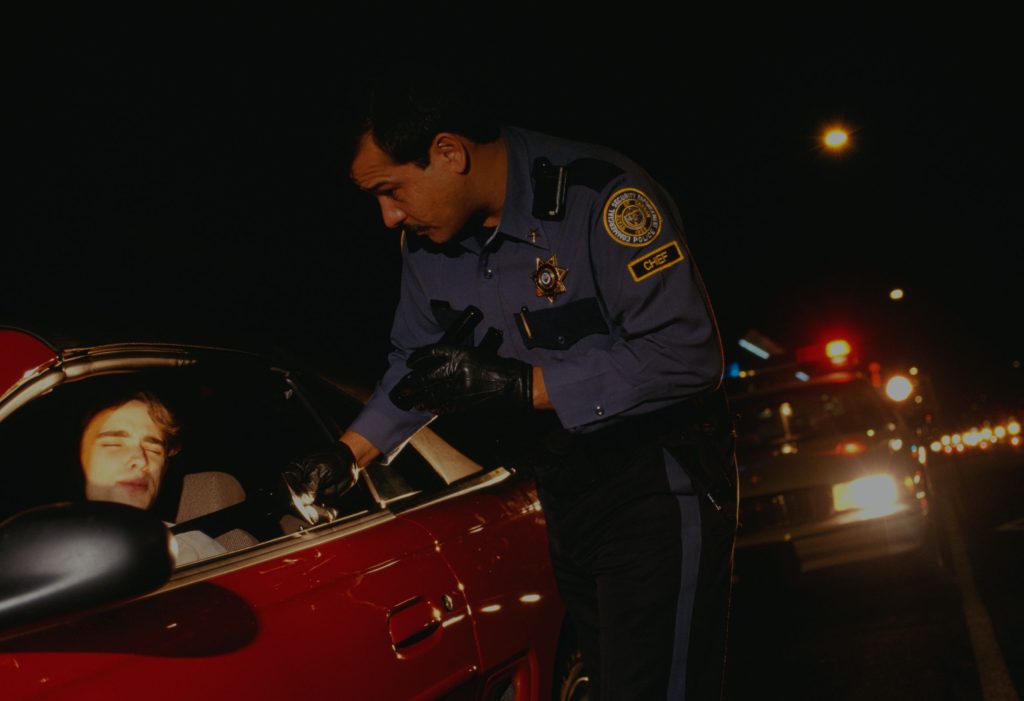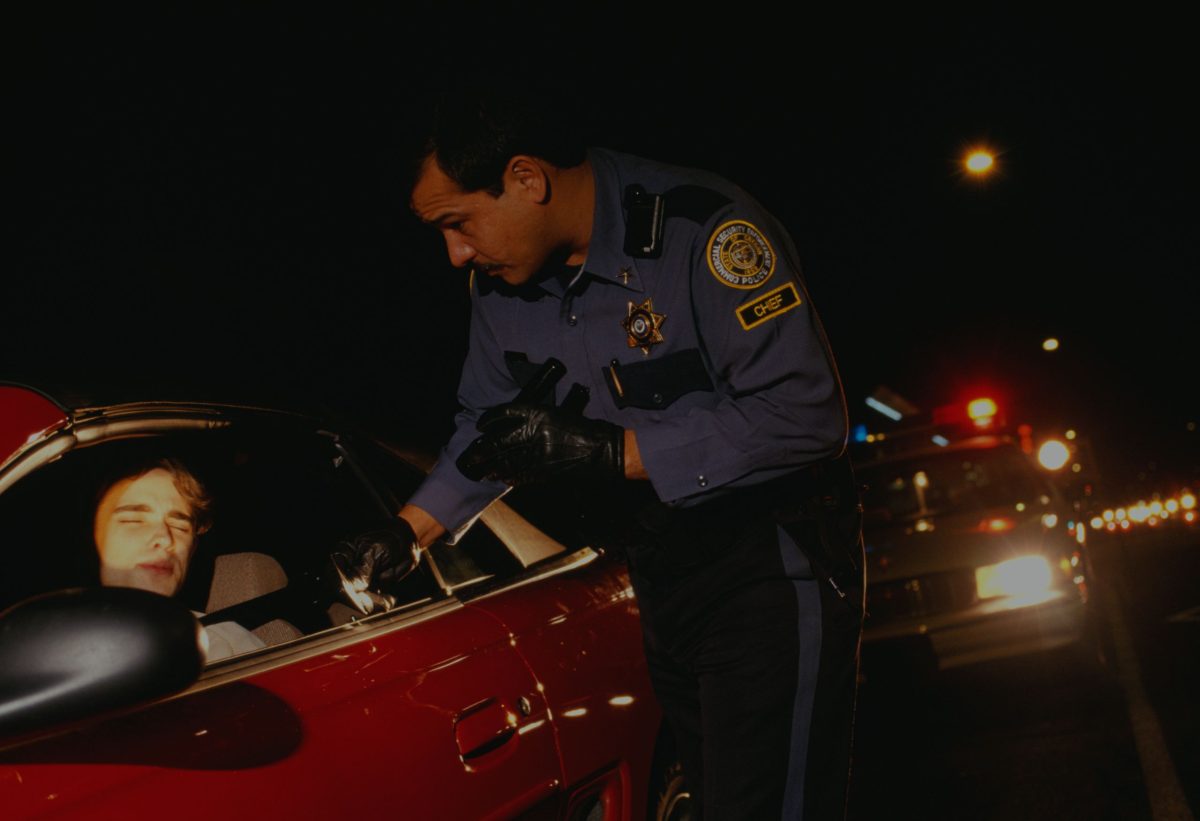Blog
Search and Seizure During Texas Traffic Stops: What Every Driver Should Know

Traffic stops happen every day across Texas. However, many drivers don’t realize they have specific constitutional protections during these encounters. Understanding your rights can prevent illegal searches and protect you from potential criminal charges. The Fourth Amendment guards against unreasonable searches and seizures, but knowing when officers cross that line requires specific knowledge.
Unfortunately, law enforcement sometimes oversteps its authority during routine traffic stops. Consequently, innocent drivers may find themselves facing criminal charges based on illegally obtained evidence. Working with a search and seizure defense lawyer becomes essential when police violate your constitutional protections. Moreover, knowing what officers can and cannot do during a traffic stop helps you make informed decisions in the moment.
When Can Officers Legally Pull You Over?
Texas law requires police to have reasonable suspicion before initiating a traffic stop. This means officers must observe a specific violation or have articulable facts suggesting criminal activity. Additionally, they cannot stop vehicles based solely on hunches or profiling.
Common legitimate reasons for traffic stops include:
- Speeding or other moving violations
- Equipment failures like broken taillights
- Expired registration or inspection stickers
- Erratic driving suggesting impairment
- Matching the description of a suspect vehicle
Nevertheless, officers sometimes fabricate reasons for stops after the fact. Therefore, dashcam footage and witness testimony can challenge pretextual stops.
Your Rights When Stopped by Police
The Fourth Amendment protects you from unreasonable government intrusion. Consequently, you have specific rights during any traffic stop. First, you must provide your driver’s license, registration, and proof of insurance when requested. However, you don’t have to answer additional questions beyond identifying yourself.
You have the right to remain silent. In fact, anything you say can be used against you later. Therefore, politely declining to answer questions about where you’re going or where you’ve been is perfectly legal. Additionally, you can refuse consent for vehicle searches. Officers may pressure you, but standing firm protects your rights.
Understanding Consent Issues
Officers often ask, “Do you mind if I search your car?” This question seems casual but carries significant weight. By saying yes, you waive your Fourth Amendment protections. Instead, clearly state, “I do not consent to searches.” This response doesn’t guarantee they won’t search, but it preserves your legal options later.
When Police Can Search Without Your Permission?
Search and seizure rights during traffic stops in Texas become complicated when exceptions to the warrant requirement apply. Officers can search your vehicle under specific circumstances, even without your consent. Understanding these exceptions helps you recognize when your rights are violated.
Legal exceptions permitting warrantless searches:
- Plain view doctrine: Officers can seize contraband visible from outside the vehicle
- Probable cause: Specific facts suggesting criminal activity justify a search
- Search incident to arrest: After a lawful arrest, officers can search areas within your immediate control
- Inventory searches: Vehicles being towed may be inventoried for owner protection
Moreover, if officers smell marijuana or observe drug paraphernalia, they may claim probable cause exists.
The Role of Drug-Sniffing Dogs
K-9 units introduce another layer of complexity to traffic stops. Police can walk dogs around your vehicle during a lawful stop. However, they cannot extend the stop unreasonably just to wait for a dog’s arrival. The Supreme Court has ruled that prolonging stops solely for dog sniffs violates the Fourth Amendment.
If a dog alerts your vehicle, officers claim this gives them probable cause to search. Nevertheless, drug dogs aren’t infallible. Studies show they produce false positives frequently, sometimes influenced by handler cues. Consequently, challenging dog alert evidence requires examining training records, accuracy rates, and handler conduct.
Duration Limitations
Traffic stops must be limited in scope and duration. In other words, officers should complete their original purpose quickly. Writing a ticket for speeding shouldn’t take an hour while they wait for backup. Furthermore, if they extend the stop beyond what’s necessary, any evidence found afterward may be suppressible.
What to Do During an Unlawful Search?
Remaining calm protects you even when officers violate your rights. First, never physically resist or obstruct police, as this creates additional criminal charges. Instead, clearly state your objection to the search. Say, “I do not consent to this search” audibly and repeatedly if necessary. Mental notes about time, location, officer names or badge numbers, and witness presence help your attorney later.
Additionally, if you have passengers, they serve as witnesses to what occurred. Ask them to remember details carefully. After the stop ends, write down everything immediately. Memory fades quickly, so capturing details while fresh matters. Include what the officer said, how they acted, and exactly what they searched.
Challenging Illegal Searches in Court
Evidence obtained through illegal searches can be excluded from trial through suppression motions. Your attorney files these motions, arguing that police violated your Fourth Amendment rights. If successful, the prosecution cannot use that evidence against you, often resulting in case dismissal.
Courts examine several factors when evaluating search legality. Did officers have reasonable suspicion for the initial stop? Did they have probable cause or valid consent before searching? Was the stop prolonged beyond its original purpose? Each answer affects whether evidence gets suppressed.
Building Your Defense
Dashcam and bodycam footage provide objective evidence of what transpired. Police departments maintain this footage, and your attorney can request it through discovery. Additionally, witness statements corroborate your version of events. Expert testimony sometimes proves necessary to challenge technical aspects. Furthermore, they can explain to juries why certain officer actions violated established legal standards.
Protecting Yourself During Future Traffic Stops
Knowledge empowers you to handle traffic stops appropriately. First, pull over safely and promptly when signaled. Turn off your engine and place your hands on the steering wheel where officers can see them. This reduces tension and demonstrates cooperation. Be polite but firm about your rights. You can decline to answer questions without seeming hostile.
Say, “I prefer not to answer questions” rather than arguing. Similarly, refuse consent searches calmly and clearly. Don’t debate with officers; save legal arguments for court. Record the encounter if possible. However, don’t interfere with officer duties while recording.
Final Thoughts
Your constitutional rights don’t disappear when you get behind the wheel. In fact, protecting these rights during traffic stops prevents wrongful convictions and illegal searches. Police must follow specific rules, and violations can result in evidence suppression or case dismissal. If you believe officers violated your rights during a traffic stop, contact L & L Law Group immediately. Experienced attorneys can review your case, identify constitutional violations, and fight to exclude illegally obtained evidence.

